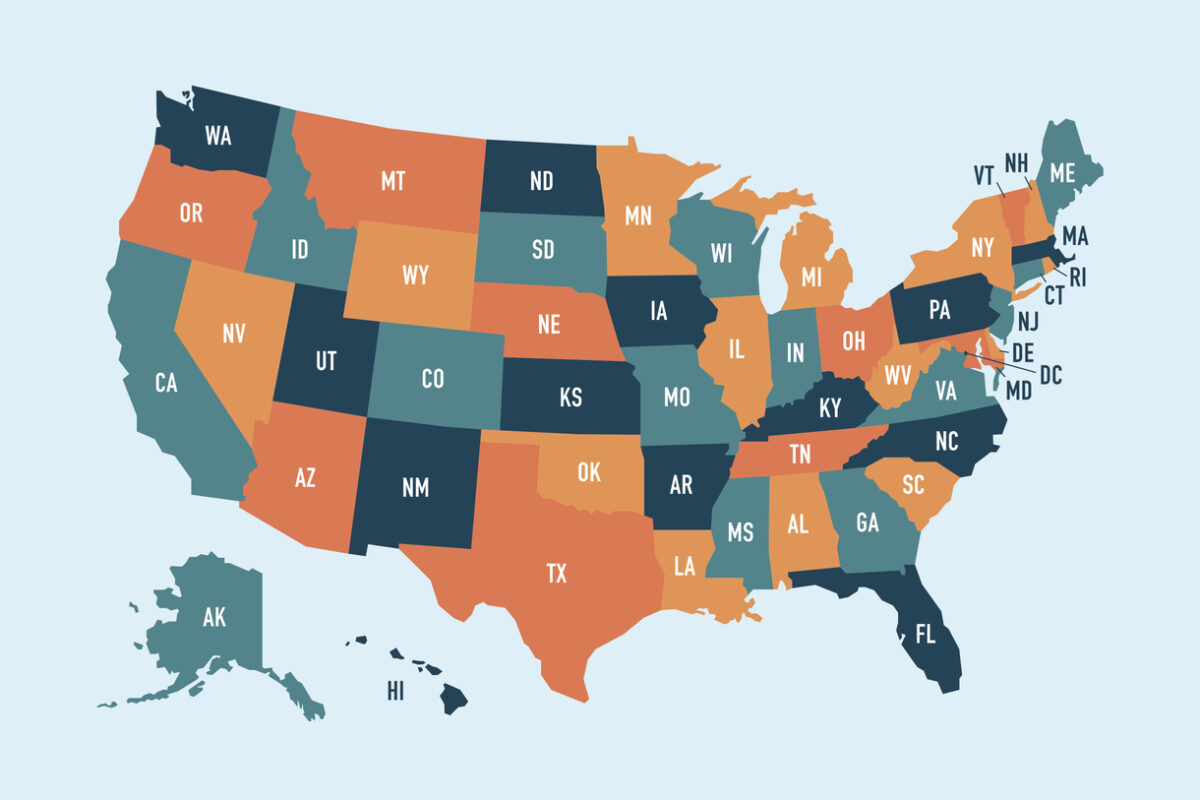A Closer Look at Gainful Employment
Published Jun 20, 2014
Everyone aspires to a good job. So why does this phrase cause frustration in the education community? "Gainful employment" sounds like a reasonable idea. A vast majority of the 14.9 million unemployed Americans certainly aspire to it. Millions of students studying in U.S. colleges and universities hope to acquire training that will lead to it. And those of us currently holding jobs certainly want to remain a part of it.
So given that "gainful employment" is so desirable, why does the utterance of this phrase cause so much frustration and tension in the education community?
Earlier this year, the U.S. Department of Education proposed regulations requiring career education programs to "prepare students for gainful employment in a recognized occupation," or risk losing access to federal student aid. To establish eligibility, the department would determine if the student loan repayment rate of graduates in the particular program fell below 35 percent and if the annual loan payment was both 12 percent of average earnings and 30 percent of discretionary income.
Based on its performance under these tests, a particular program could be deemed eligible, restricted or ineligible. Also, under certain circumstances, the proposed regulations would require an institution to disclose the results of tests to current and prospective students. (It is important to note that the tests target particular programs, or areas of study within an institution, and not necessarily the entirety of the institution.)
From a student perspective, this type of information might be beneficial, allowing them to be more informed consumers. Given the cost of an education, students should have general information about the educational experiences of other students, as well an understanding of the educational quality and career outcomes associated with programs of study at a particular institution. While there are a number of well-documented benefits to a college education—for individuals and for society—it is safe to assume that most students intend for their college degree to ultimately lead to a job.
Although the gainful employment provisions seem quite appropriate and commendable on the surface, there has been sharp criticism of them in the for-profit sector. These regulations target programs at for-profit institutions and vocational schools—the fastest-growing sector among higher education institutions, enrolling a sizable proportion of low-income and minority students.
According to a recent study by the Government Accountability Office, enrollment in for-profit colleges has grown from 365,000 students to almost 1.8 million in recent years. These institutions are quite diverse, ranging from small, privately owned colleges to publicly traded corporations. In 2009 students at for-profit colleges received more than $4 billion in Pell Grants and more than $20 billion in federal loans provided by the Department of Education. Because nearly 90 percent of the revenue from for-profit institutions comes from federal grants and loans, losing access to these funds would lead to a substantial decrease in profit for the institution.
From July through September 2010, the Department of Education has accepted feedback on the proposed "gainful employment" regulation. During this time the department has received nearly 80,000 comments from supporters and opponents of the regulation. Using these comments, the department will make revisions with the goal of publishing a final rule by Nov. 1, so that it can go into effect on July 1, 2011.
Thousands of opponents have argued that the proposed rule denies students access to higher education, unfairly regulates only one sector of higher education, among other things. The Association of Private Sector Colleges and Universities, students and employees of for-profit institutions, and some civil rights leaders, rightfully recognize that these institutions serve large proportions of students from low-income and minority backgrounds who are critical for meeting the Obama administration's college completion goals. Given the reality of the student body demographics, we should be even more vigilant in ensuring that these students graduate with degrees and credentials that have labor market value and reasonable debt loads.
Defining gainful employment can be a slippery slope. Because there is a broad array of postsecondary educational outcomes, this is not the appropriate strategy for validating each and every one. However, for those programs designed (and advertised) to prepare students for a particular occupation, there should be some accountability and oversight. But our oversight should be extended to include both for-profit and nonprofit institutions. If we are focusing our interests on serving students well, we would recognize the need to ensure that nonprofit institutions, offering career-specific programs, also are required to "prepare students for gainful employment in a recognized occupation."
To be clear, this regulation would not apply to all educational programs at nonprofit institutions, just those that have an explicit career orientation. I understand that much of the "gainful employment" debate is centered on regulating the for-profit sector, which benefits substantially from taxpayer subsidies. But, in all fairness, let's acknowledge that both for-profits and nonprofits are subsidized—albeit in differing schemes and degrees—by taxpayers.
In spite of all of this, in thinking about the gainful employment provision, we should place students and their interests at the center. We should acknowledge that, for students interested in specific, career-oriented fields, it is unethical to knowingly allow them to enroll, matriculate, and pay for an education that has limited utility. By centralizing the needs of students, we will come much closer to the appropriate provisions for a viable system of higher education—one that achieves quality and increases degree completion.
Michelle Asha Cooper, Ph.D., is the president of the Institute for Higher Education Policy, an independent nonprofit organization that is dedicated to increasing access and success in postsecondary education around the world.


